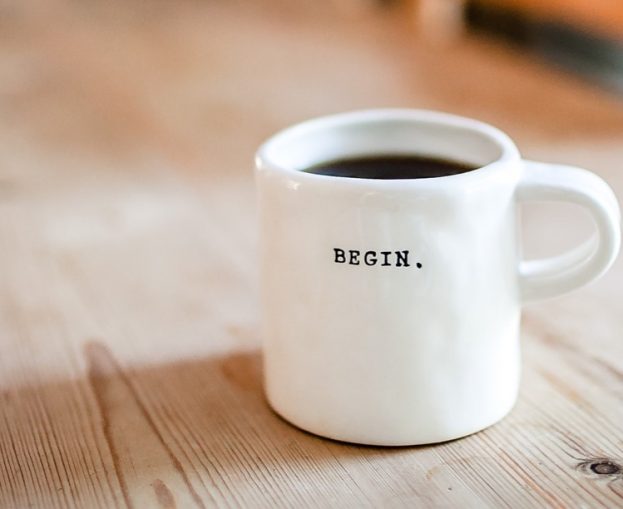History
Our Founders
In 1967, Theodore and Beverly Farkas simply wanted the best situation for David and Martha, their two children with developmental disabilities. Sadly, they didn’t have many options. They couldn’t care for the children at home, but they weren’t interested in the prevailing alternative of that time: a state institution with limited visitation privileges.
So they combined their love for their children with a creative vision and developed what they named Damar (combining the names of their two children) Homes.
1967: Damar Homes Incorporated
The late ’60s and early ’70s are a time of radical change that give birth to an activist movement comprised of families, advocates, and service providers determined to develop better services and extend the rights of life, liberty, and the pursuit of happiness to millions of people with developmental, behavioral, and intellectual disabilities.
Theodore and Beverly Farkas, parents of two children with special needs, are a part of those radical changes. Unable to find a way to give their children the extra care they need, they choose instead to create the environment they want. With vision and determination, they begin a journey that starts in July with a $500 loan from Beverly’s father—and comes to fruition in February 1970 when Damar accepts its first resident.
1972: First Residence
In February, 15 children fill Damar’s first 16-bed residence; by July, Damar has a waiting list for children in need of services. The next Christmas, the long-standing tradition of volunteerism at Damar begins when a handful of Indiana Bell employees host a Christmas party for residents.
1983: First Group Home
Damar extends its services into the community as it opens its first group home, the Elizabeth R. Frink Residence, in Plainfield, Indiana.
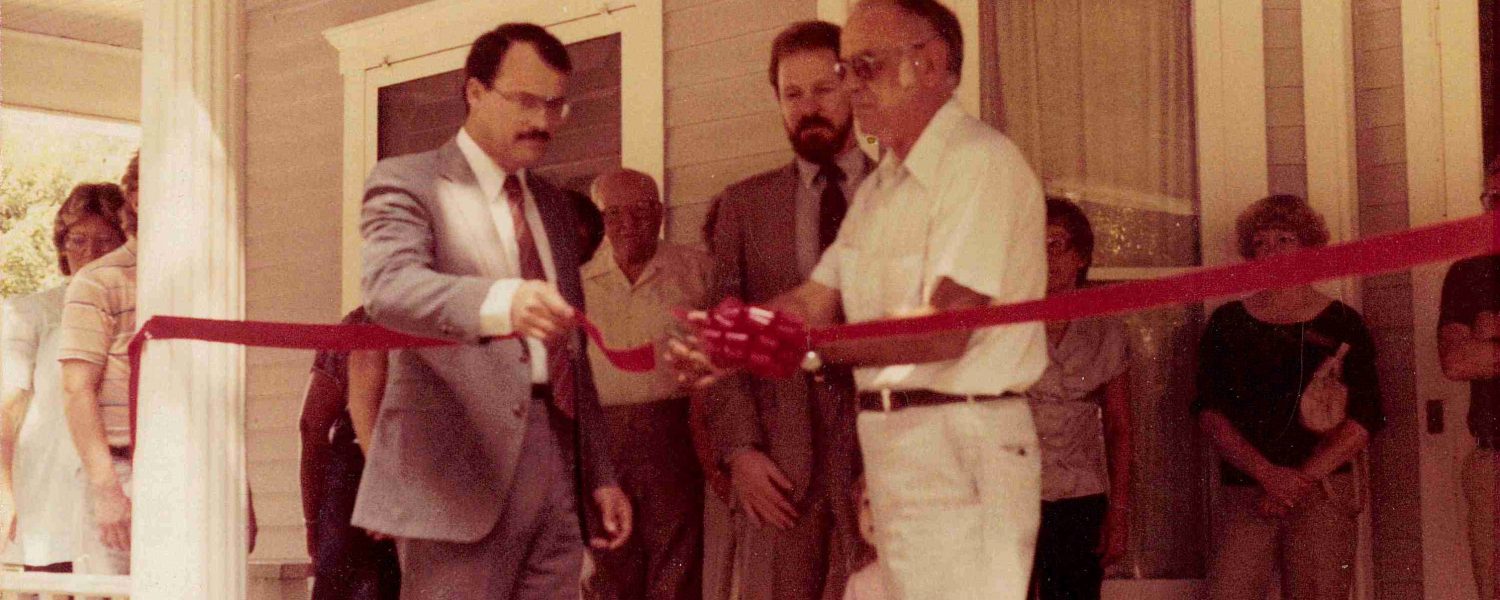
1993: First On-Campus School
In August, Damar opens its first on-campus classroom in cooperation with RISE Learning Center. Damar Academy serves Damar students whose needs can’t be met in the public school system.
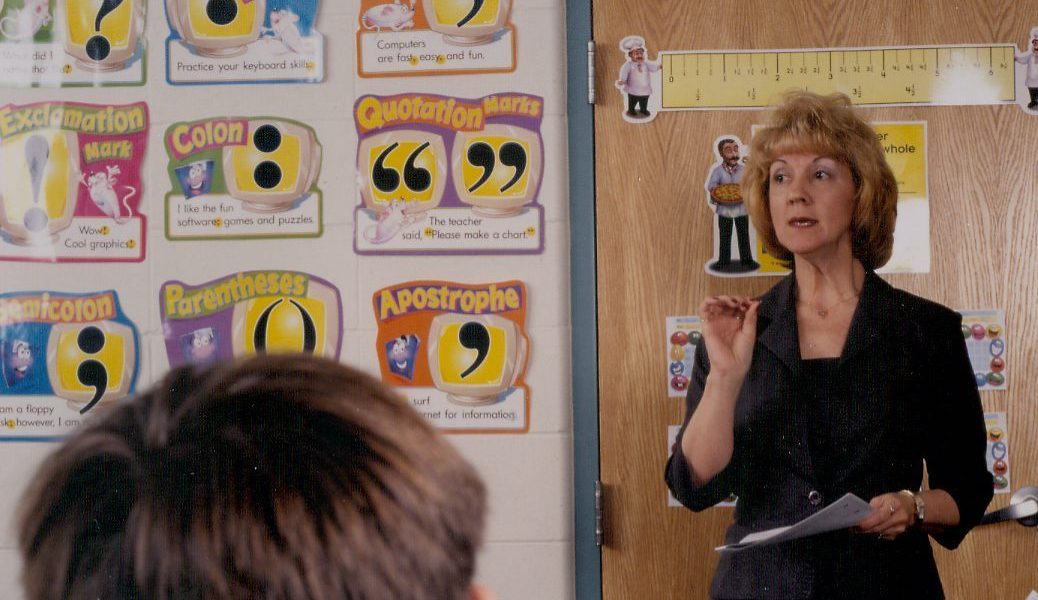
1995: Behavioral Alternative in a Secure Environment (BASE) Program
To serve children suffering from previous incidents of abuse, Damar develops and establishes the Behavioral Alternative in a Secure Environment (BASE) program. Today, Damar’s BASE program offers a secure therapeutic environment where adolescents learn how to reduce inappropriate behavior and develop the positive social skills needed for more independent living.
1998: Community Living and Support Services
On April 6, Damar Community Living and Support Services (CLASS) is launched. Through the CLASS program, Damar provides a dynamic continuum of individualized and life-enhancing services to those in communities across central Indiana who choose to live as independently as possible—in a family home setting, with roommates, or in their own homes or apartments.
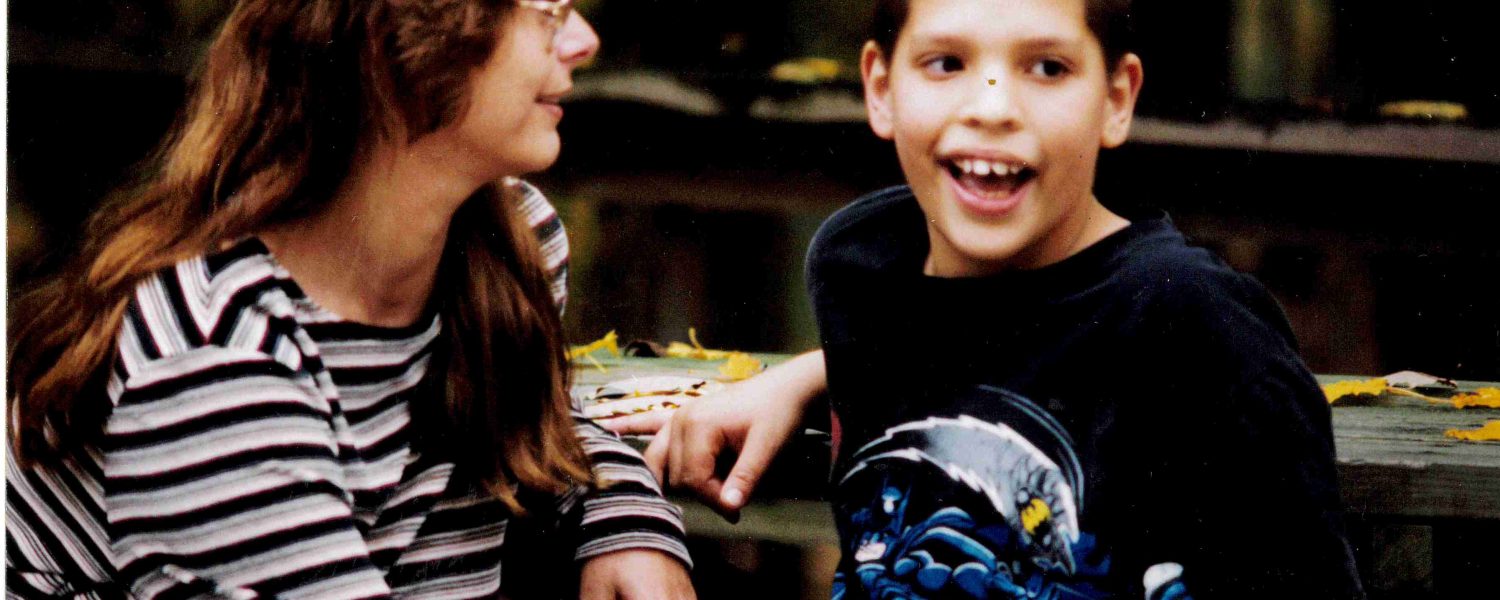
2000: Our First Community-Based Transitional Home
Perry House, Damar’s first community-based transitional living home, opens, offering unique transitional living services that enable children and youth with severe developmental disabilities and behavioral challenges to transition to and remain in the community.
2003: Outpatient Mental Health Services
After overwhelming requests for Damar’s services for children and adults living in the community, Damar begins its outpatient clinic, adding the capability to serve hundreds more individuals and their families with a full range of specialized psychological counseling and consultative services.
2004: IN-AJSOP
In response to lack of training and consistency in standards for clinical providers working with youth with developmental disabilities also exhibiting sexual behavior problems, Damar leads an initiative to develop a comprehensive training program. The program develops over the next year to be recognized as the only acceptable training and credentialing program in Indiana. Over the next many years, Damar leads the training and credentialing of more than 500 professionals in Indiana and eventually works with the State to develop required standards for professionals working with this population in residential, correctional, community, and outpatient settings.
2005: Damar Academy Becomes Independent and Expands
In a move to better meet the educational needs of students placed at Damar, Damar ends its relationships with the local public school system and hires its own licensed teachers and teaching assistants to staff the on-grounds school. Soon after, Damar Charter Academy becomes Freeway Accredited through the Department of Education.
2005: Tenrab Group Home
In a move to better meet the educational needs of students placed at Damar, Damar ends its relationships with the local public school system and hires its own licensed teachers and teaching assistants to staff the on-grounds school. Soon after, Damar Charter Academy becomes Freeway Accredited through the Department of Education.
2006: Transitional Living Homes/Services
To assist with overwhelming waiting lists for Damar’s main campus services, Damar begins to operate transitional service homes in communities across Indiana in order to better support children moving from the main campus back to their homes and communities. By 2009, Damar is operating 16 Transitional Services Homes across Indiana.
2007: Young Boy’s Base Services (YBU)
Damar expands campus occupancy to 112 served on the main campus with the construction of a new Base Building and the addition of 20 treatment beds to the campus – focusing on boys with developmental disabilities and significant behavioral challenges aged 8 to 12.
2008: Intensive Treatment and Stabilization Services (ITST)
Damar further expands campus occupancy to 132 and its total children’s residential treatment capacity to 156. ITST services are developed to address the increasing complexity of referrals to the main campus for children with severe neurological and trauma-based symptoms.
2008: Intensive Behavioral Interventions (IBI)
Damar researches and develops an intensive intervention program based on behavioral principles that results in a new services standard for Indiana. After Damar develops and runs IBI services for a year, the IBI services standard becomes available to other residential program in Indiana to utilize.
2009: Integrated Services Pilot (ISP)
In conjunction with the Department of Child Services, Damar develops a 2-year pilot program utilizing best practice interventions for children and families facing significant challenges – in attempt to avoid long-term residential placement. The Pilot, utilizing innovative clinical, placement, community supports, and financial flexibility goes on to serve 340 children over a period of 4-years – resulting in savings to the State of more than $50M.
2010: Fully Licensed Damar Foster Care
Damar introduces its foster care services: a fully licensed, not-for-profit child placement agency that works on behalf of children who are unable to live at home to recruit, prepare, and support quality foster parents.
2011: Damar Charter Academy
A successful collaboration between Damar Services, Inc., and the City of Indianapolis’s Office of Education Innovation results in Damar Charter Academy (DCA). As the state’s first charter school serving a sizable population of children with developmental and behavioral challenges, it offers parents from across Indiana a much-needed, free educational alternative for their children with special needs.
2013: Damar ABA Clinic at Geist
Recognizing the growing demand throughout central Indiana for convenient ABA services, Damar opens a Geist-area location for its new Applied Behavioral Analysis (ABA) Autism Services clinic on Indianapolis’s northside.
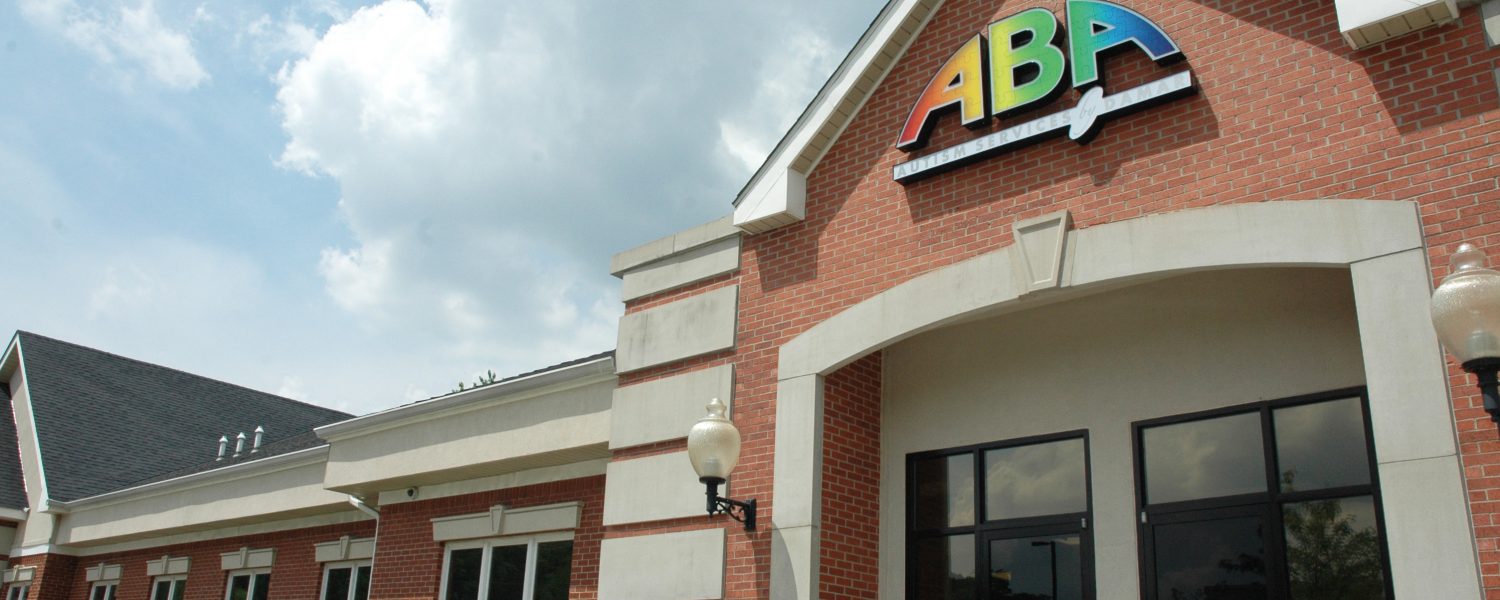
2014: Damar DNA
The Road to Remarkable is a two-way street. Developed by an expert team led by licensed child psychologist and autism expert Dr. Jim Dalton, Damar DNA training is created to help prepare retailers, corporations, and other organizations and their teams to treat families with special needs with appropriate, considerate, supportive, and dignified service and assistance.
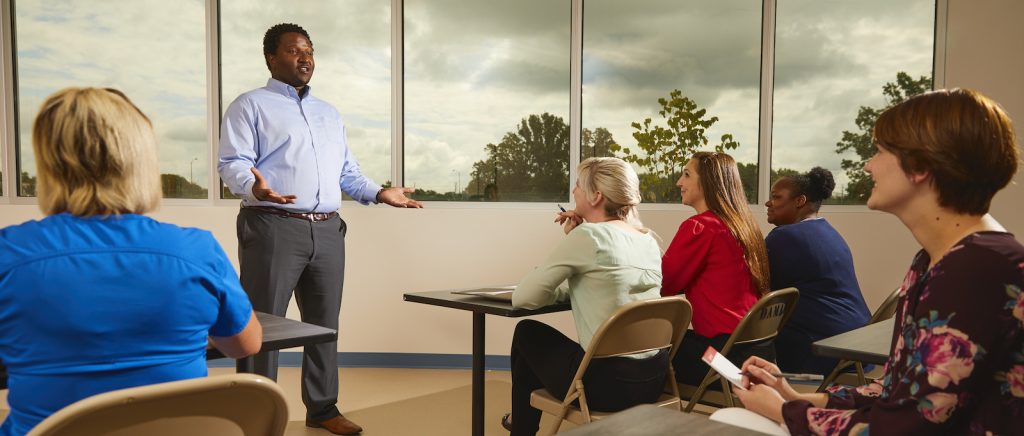
2015: Damar Serves 1,500 Clients Daily
Damar continues to refine its programs and explore new ways to improve the quality of life, independence, and empowerment of the children and adults we serve. This year, our services reach a new high-water mark: 1,500 clients every day, and growing.
2016: Stabilization, Assessment, and Transition Program
Damar opens Stabilization, Assessment, and Transition program in collaboration with the Indiana Department of Child Services.
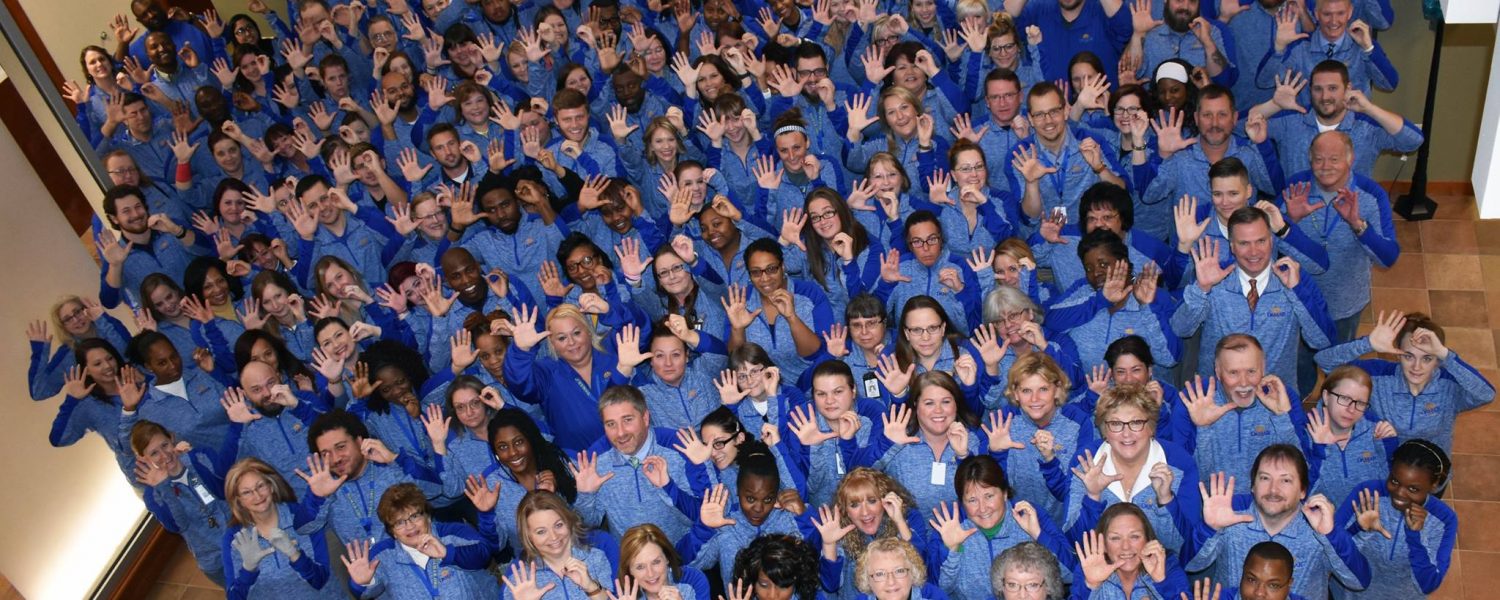
2017: Our 50th Anniversary
Damar Services celebrates an amazing milestone: 50 years of providing services to our clients. As needs in our community have grown, so has our commitment.
2019: Children’s Neuro-Psychiatric Crisis Center & Independent Living Centers
Damar opens the Children’s Neuro-Psychiatric Crisis Center and Independent Living Centers.
2019: Community-Based Services
Damar further expands its community reach by developing a comprehensive support and treatment services for children at risk in the community and their families. The program goes on to serve nearly 400 families annually.
2020: Neurodiagnostic Institute (NDI)
In partnership with FSSA and DMHA, Damar contracts with the state to develop and operate the 7th floor of the newest state hospital in Indiana – NDI. The floor is dedicated to the acute stabilization of adolescent boys and girls with severe autism, and their families.
2020: Damar Village
Damar opens the Damar Village.
2022: Damar Health Services
Damar begins offering comprehensive primary health and medical services to the community through a clinic-based operation in Decatur Township.
2022: Intensive Autism Services (IAS)
Damar transitions some of its campus programs to more intensive service units to accommodate increasing referrals for children with severe autism in Indiana.
2023: Advocacy and Training Alliance (ATA)
After nearly 20 years of sustained training and credentialing practices and with the expansion of the program nationwide, IN-AJSOP advances to the Advocacy and Training Alliance (ATA). Over a span of nearly 20-years, IN-AJSOP/ATA trains and credentials more than 1000 professionals in Indiana and across the Country.
2023: Competency Attainment
Damar works closely with the State to develop the first ever juvenile competency attainment program – aimed at competency habilitation for youth in the juvenile justice system.
2024: Damar North
Damar acquires the St. Joseph Carmelite Home in East Chicago and opens a second residential treatment program for children with autism and other developmental disabilities.
2024: Final Phase of Damar Village
Set to open in late summer of 2024 – doubling the size of the original Village and adding a multipurpose training and activity center.
Our Future
Damar has come a long way in a little over 50 years. Today, Damar is a leader in service to children and adults with developmental and behavioral disabilities. Along the way, we’ve pioneered treatment, services, and best practices now employed across the nation.
And we’re still growing. Check out our Road to Remarkable and see some of the exciting developments happening in the near future at Damar.
Frequently Asked Questions
What is autism? How is it diagnosed? How do you know what services are right for your child? We have answers to these questions and many others.
Let Us Hear From You
Have more questions? Need additional information or advice? Contact us, and we’ll get back with you as soon as possible.



